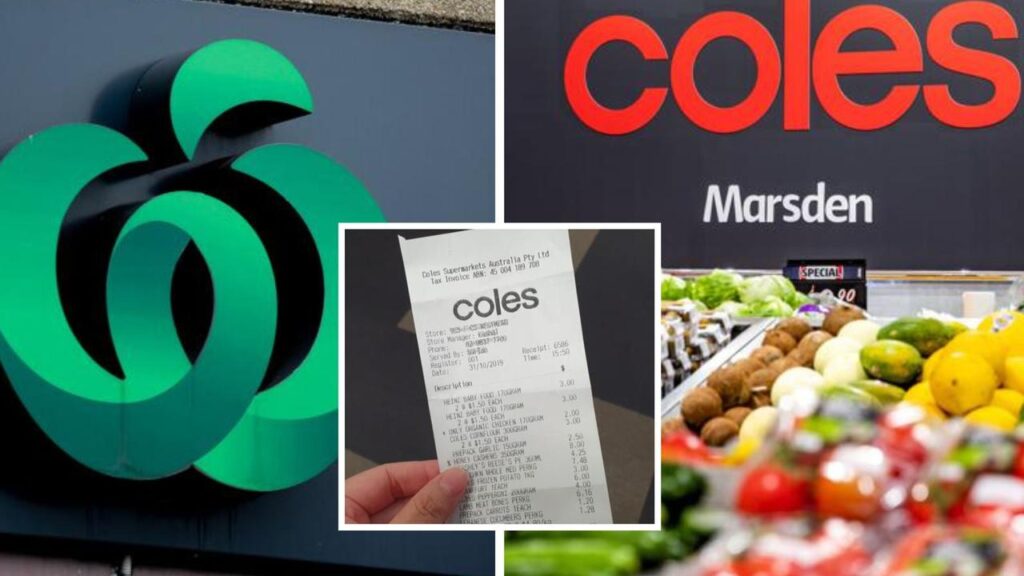Huge Australian crackdown on social media scams and ‘criminal conduct’ looming
Written by admin on September 11, 2024
Exclusive
A new crackdown on social media companies allowing “criminal conduct” to flourish, and allowing scammers to rip off customers, is set to be unveiled on Friday, with draft legislation to go out for consultation.
Assistant Treasurer Stephen Jones has previously flagged new requirements on companies to contribute to disrupting financial scams.
Outlining the roadmap to the new reforms, the Albanese government is now set to unveil the proposed legislation by the end of this week, as the Prime Minister announces a plan to introduce age limits for social media.
Warning that, just a few years ago, scams were doubling every year, Mr Jones said that despite the government’s moves to arrest the growth, there was nothing to celebrate in the fact that an estimated $2.75 billion is still being lost to scams, many of them promoted on social media.
“The government has got a broad agenda to tackle the harm caused by social media,’’ Mr Jones told news.com.au.
“What I can confirm is that in addition to that area of economic harms, we will have draft legislation later this week that will put in place high level obligations on designated industries.
“That will start with banks. telcos and social media to detect scams.”
Kochie’s war on social media scams
Former Sunrise host David Koch is among those who have campaigned for change after being devastated to learn fake news articles on social media about cryptocurrency used his name and image, even though he had no connection to it.
Sarah*, a 73-year-old new widow, told news.com.au last year she considered herself “tech savvy” and well versed in small-time trading before a scammer took her for a ride, starting in early 2022.
“It had David Koch on it, and I think he’s really good … I don’t know him personally, but I feel like I know him and trust him,” she said of the inconspicuous news article she came across online.
Risk that AI will turbocharge scams
Mr Jones warned that the advent of AI will make it even more difficult to detect scams, with the government establishing a National Anti-Scam Centre to co-ordinate defensive actions against criminals.
But the new legislation will put far greater obligations on banks, telecommunications companies and social media platforms to “lift their game and ensure that their customers are kept safe from these criminals”.
Despite the positive impact of social media, Mr Jones said the toxic and damaging aspects needed to be addressed by governments around the world.
“It has brought with it economic harms, social harms and democratic harms, including influencing elections,’’ he said.
“In the area of social harms, it’s all the stuff around exposure to kids to dangerous material.
“In economic harm, it’s market behaviour and abuse of market power. The role, for example, of the social media platform Google and Meta and the use of algorithms to direct eyeballs elsewhere.”
Mr Jones said that if Facebook, Instagram, Google, TikTok or X are taking advertising money from criminals who are publishing criminal content, whose intent is to rob Australians of their information and money, “there is something very wrong about that”.
Any broadcaster in Australia or newspaper that did that would be liable for publishing ads with criminal content.
“Why should a social media platform be any different?,” he said.
PM pushes to limit social media access
Anthony Albanese has revealed his personal preference would be to keep kids away from toxic social media platforms for longer, with his preferred age limit leaning towards 16 years of age.
As the federal government considers exactly where to put new age limits on social media accounts, the Prime Minister has conceded he would like to ensure that teenagers are older before the proposed bans are lifted.
“So, the right age is between 14 and 16. I have a personal view. I err on the side of a higher limit,’’ Mr Albanese told NOVA FM.
“That’s where I’m at. But I want to make sure that we don’t end up with different systems in different states.
“We want a national approach to an issue, which is a national issue. So, that’s one of the reasons why we’ve got out there and made this announcement, perhaps earlier than we would have. We were going to wait for the trial and then make an announcement.
“But we wanted to make it clear where we were headed, that we will have legislation by the end of the year. And one of the things that the age verification trial will do is to look at, through real experience, and we’ve done a lot of work, like it’s at the final stage now of then going out and undertaking this trial.”







